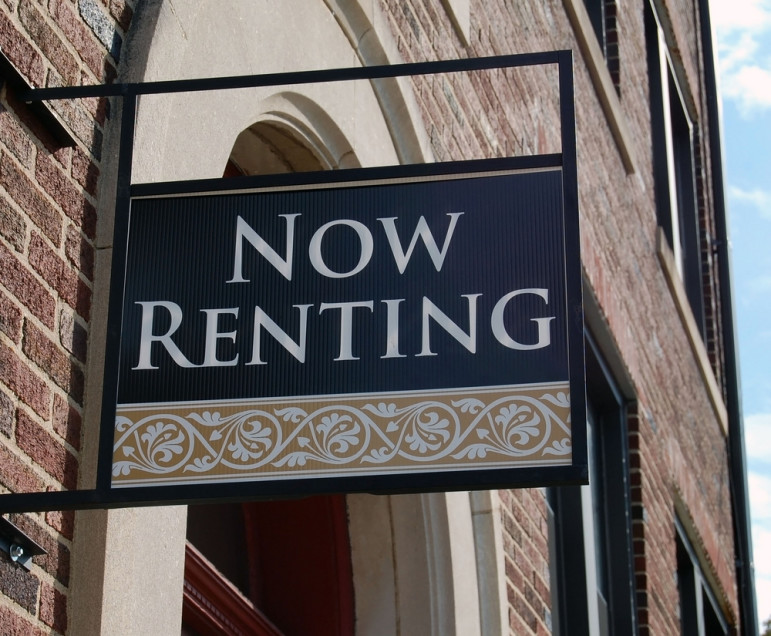
December 3, 2015; The Atlantic, “CityLab”
Why the home sales market has not rebounded from the Great Recession is one of those questions that plagues analysts and pundits. In “Why Rent Is Still Rising In Places Where It’s Cheaper To Own,” author Kriston Capps rides a familiar theme to the conclusion that Millennials who should be first-time buyers are overburdened by student debt and so are unable to take on house debt.
So why aren’t more renters taking part in the American Dream? Last year, the Harvard Joint Center for Housing Studies posed one possible answer: Renters can afford mortgages, but they can’t afford to purchase homes. Student debt means lower credit—not necessarily bad credit, but less competitive credit. Institutional investors and all-cash buyers, meanwhile, put homes out of reach for normal buyers who need loans to purchase. These factors are keeping renters (mostly Millennials) out of the post-crisis, first-time-homebuyer market.
Let’s tackle each of these hypotheses one at a time.
Point one in Ms. Capps’s conclusion is that student debt means lower (less competitive) credit. Maybe, but the Joint Center for Housing Studies (JCHS) study to which Ms. Capps refers is much more nuanced in its conclusion, citing such factors as low earnings, high purchase prices, debt service payments inhibiting households from accumulating a down payment, in addition to high debt levels as factors in lower rate of Millennial house purchasing.
Sign up for our free newsletters
Subscribe to NPQ's newsletters to have our top stories delivered directly to your inbox.
By signing up, you agree to our privacy policy and terms of use, and to receive messages from NPQ and our partners.
Ms. Capps argues that institutional investors and all-cash buyers, meanwhile, put homes out of reach for normal buyers who need loans to purchase. The fact is that all-cash purchases are shrinking and house sale prices are rising.
Part of the problem with offering simple solutions may arise from relying on data snapshots. Each snapshot comes with a perspective and none tells the whole story! Matthew Yglesias in Vox tackles the question of predicting a housing bubble in his article, “Financial bubbles are much harder to spot than people realize.” His conclusion suggests that it is akin to rocket science, but without the predictability of the laws of physics.
A larger issue is a reluctance to take on the social phenomenon of The Millennials. Last January, Lisa A. Sturtevant, executive director of the Center for Housing Policy at the National Housing Conference, discounted stories suggesting that Millennials are somehow different than previous generations of first-time homebuyers. She observed, “As the economy improves and wages rise, the economic obstacles to household formation and homeownership will dissipate. Time is on their side. Millennials are poised to drive housing market activity in 2015. Will there be a sufficient supply of the right kind of housing for them? Will they be able to access the mortgage market?” Besides missing the prediction, there’s mounting sociological evidence that Millennials aren’t following the path of previous cohorts.
So why are people (including Millennials) continuing to rent when buying is cheaper? Here are some other factors to consider.
- Wage stagnation makes potential buyers of all ages unsure. People don’t feel economically secure just because economists announce that the country is well into a recovery.
- Bad memories of past ownership experiences or the experiences of family and friends. For many former homeowners the American Dream turned into a nightmare of foreclosure, short sales or living “underwater.” Former homeowners who might qualify for a mortgage may be reluctant to invest in the same sector that brought them down the last time.
- Mobility is the zeitgeist of the 21st century. Food from bags at a drive-thru—who needs a kitchen? A cellphone that does everything—who needs a landline? Jobs that shuffle you around the country or around the world on the whim of a corporate investor—who needs a mortgage?
- Varying the patterns of household formation seems like a Millennial trait. A more subtle “sign of the times” is the emergence of a quasi-independent lifestyle among many young people who seem to be slow to leave their parental homes (or quick to return), slow to create independent households and quicker to seek companionship groups rather than monogamous coupling as a lifestyle.
- Millennial embrace of center city neighborhoods puts them in the most inflated housing markets.
What are the implications for nonprofit organizations whose missions are to promote homeownership? Organizations like NeighborWorks and many local development corporations could be facing a smaller base of program participants if homeownership trends continue. As we say in Cleveland, “Wait till next year!” Oh, but…Internet home sales behemoth Zillow is predicting a continuation of the current market trends of the past several years as affordability issues continue to dominate the housing policy discussion. —Spencer Wells










